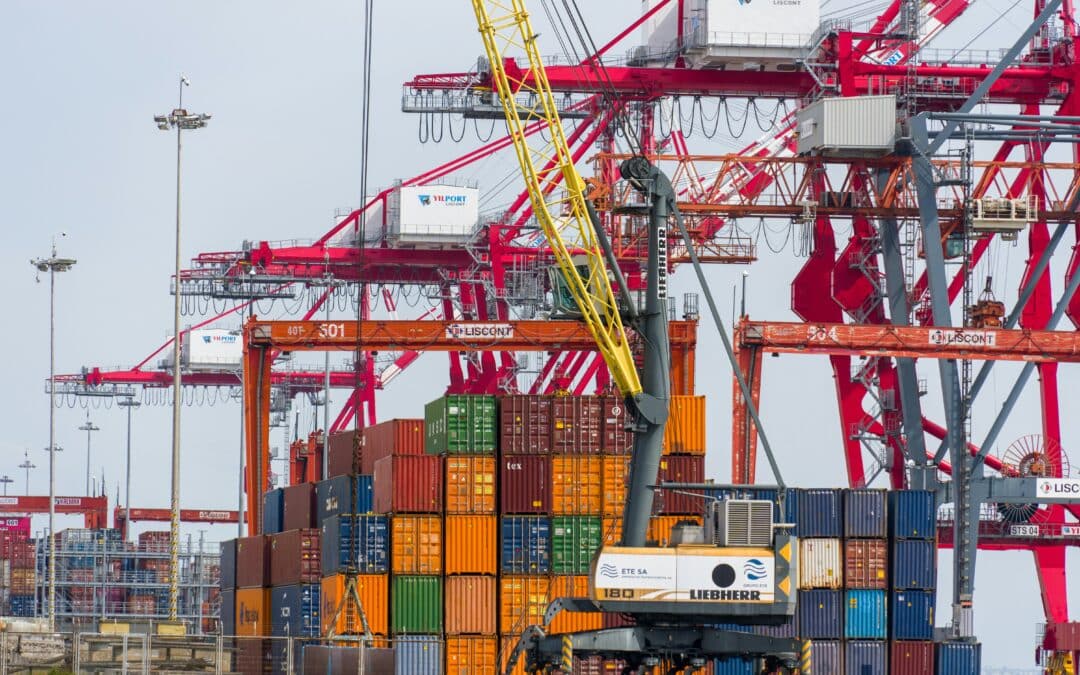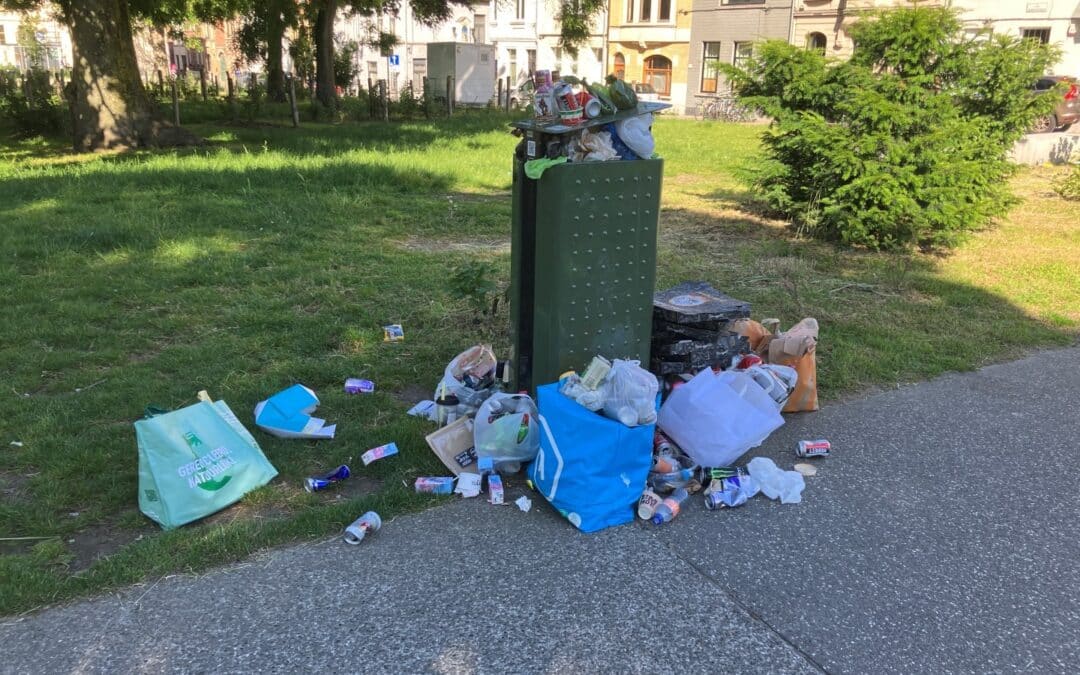Photo credit: Saskia Risseeuw
To combat litter, the Flemish, Brussels and Walloon governments want to introduce a deposit system in 2025. A decision on this must be taken by the end of 2023. Recently, there has also been talk of a so-called ‘digital deposit system’ promoted by Fost Plus, Comeos and Fevia. Because digital deposits are an unproven idea and are likely to attract criticism, Fair Resource Foundation has asked research agency Eunomia to critically examine digital deposits.
Last year, part of the Belgian industry launched the idea of introducing a digital deposit. This involves consumers using a smartphone to scan a unique QR code on the packaging before placing it in the blue bag, which also has a QR code that needs to be scanned. With a new IT system, a link to a bank account and additional blue public waste bins with QR codes, consumers should be able to get their deposit back at home and on-the-go.
Other countries have also discussed digital deposits, and Wales has conducted trials, but so far, only deposit systems involving collection at supermarkets have been successfully rolled out in Europe. The Belgian industry previously commissioned Price Waterhouse Coopers (PWC) to demonstrate that digital deposits are “better than the traditional system”. This study, which was critically received, was kept secret for a long time, until Minister Zuhal Demir decided on her own initiative to make the study public.
Research design
Fair Resource Foundation asked Eunomia to conduct research into digital deposits. Various stakeholders, including the Belgian business community, are making claims about this form of deposit, such as that it would be cheaper, easier for consumers, and just as effective in combating litter. Claims are also being made about the quality of recycling and the feasibility of implementing the system.
The Eunomia study will examine such claims. It will look at, among other things:
- the technical feasibility of the system, raising the question of whether the system can be in place by 2025, as determined by the governments of the three regions;
- accessibility and convenience for consumers, while also considering the privacy and security of the system;
- the expected environmental benefits. Is it as effective against litter as traditional deposit schemes? Does the system enable closed-loop recycling for plastic bottles and cans, just like traditional deposit schemes? And does the system also help with the transition to refillable packaging?
- other challenges that need to be addressed before the system can be rolled out.
Eunomia researchers will also conduct interviews with various stakeholders, including businesses, government agencies and social stakeholders. Once the study is complete, it will be published in its entirety. The study is expected to be published around August-September of this year.
European developments
The decision to introduce a deposit system in 2025 is part of a broader European trend, with more and more countries following the example of Germany and the Scandinavian countries. This is partly due to European regulations. The Single Use Plastics Directive requires EU countries to collect 90% of plastic bottles separately, and this can only be achieved with a deposit system. The current blue bag system is not suitable for achieving this target.
In addition, the upcoming Packaging Regulation (PPWR) which is being negotiated in Brussels, aims to introduce deposits on plastic bottles and cans throughout Europe. The regulations also include targets for reusable packaging and rules to ensure that deposit systems are easily accessible for reusable packaging.
Contact information
Fair Resource Foundation
Chloé Schwizgebel, chloe@fairresourcefoundation.org
GSM. +31 6 43 28 82 31



